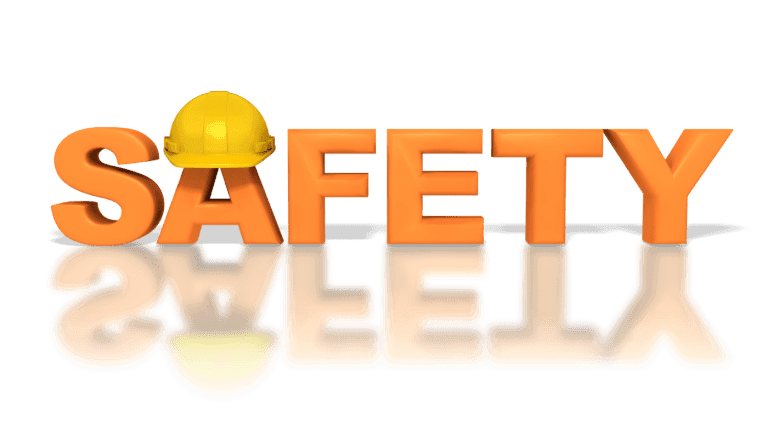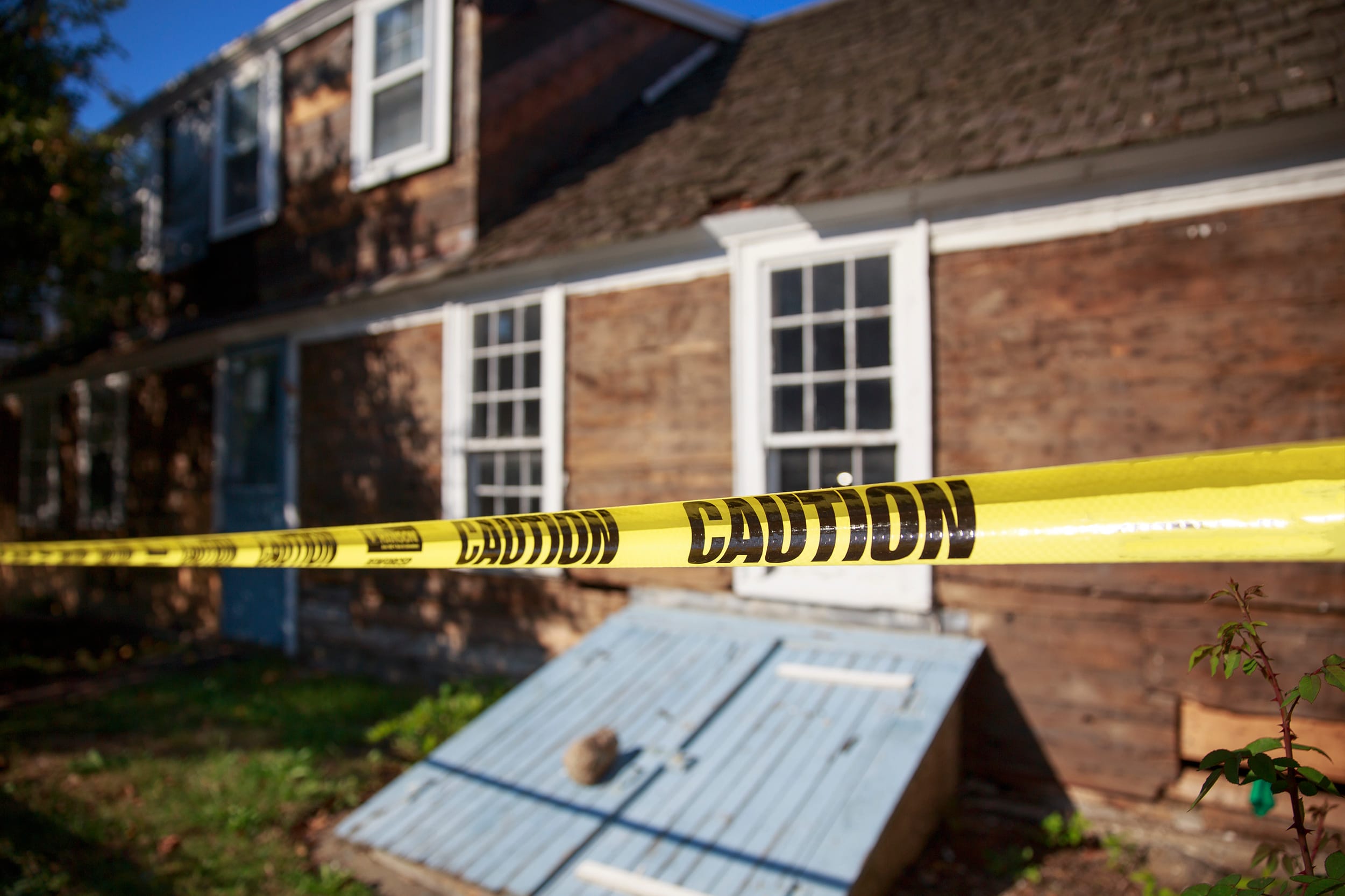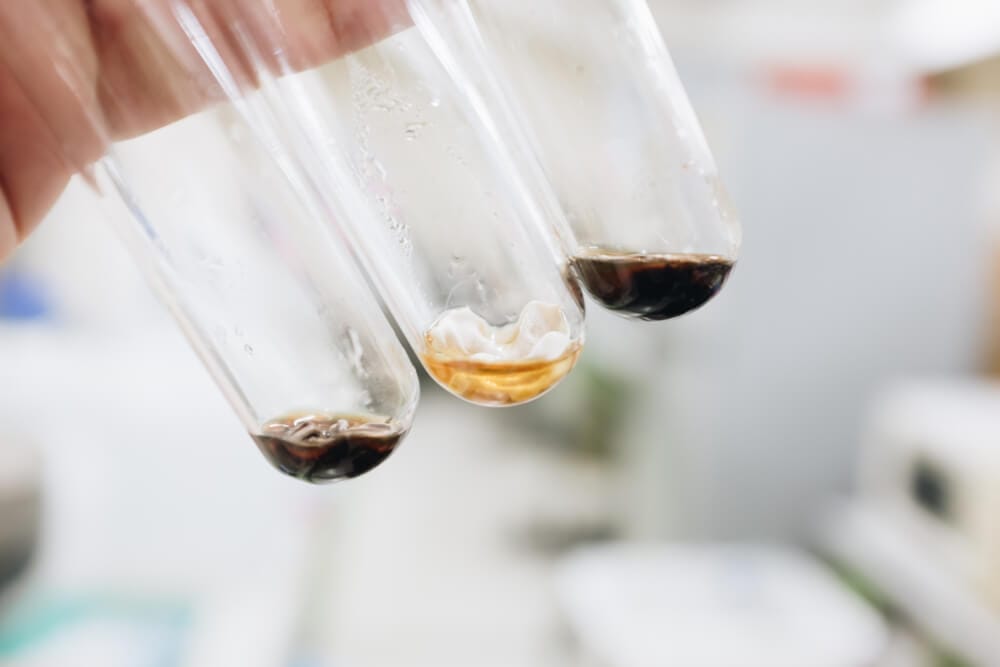Cleaning of crime scenes is a process that requires commitment, supreme attention to detail, and most importantly, a strong stomach. Many people confuse crime scene cleaners with investigators and analysts, both of which are completely different jobs. If you’re looking to get into forensic cleaning, there are some things you ought to know before venturing into these waters.
Looking to start a career in crime scene cleaning? Join Spaulding Decon’s professional training program today!
Here are a couple of tips and requirements you must fulfill in order to become a crime scene cleanup technician.
What is a Crime Scene Cleaner?
Before we get into the required qualifications, its a good idea to cover the basics of this job and what it constitutes.
Crime scene cleanup is a service comprised of experts who are trained to clean up and decontaminate the area in which an accident occurred. While this might seem pretty straightforward and even relatively easy, its quite a challenge and requires skills, talent, and meticulousness.
Need professional crime scene cleanup? Call Spaulding Decon at (866) 726-2316 for 24/7 emergency response.
The great thing about this particular job and industry is that its one of the most profitable and fast-growing all around the world, including the United States. One can make a rather successful career by doing this job, but should also be prepared for the tough challenges ahead.

Crime Scene Cleanup Job Requirements
Before you even start looking through these requirements, bear in mind that the most important thing to have is a strong stomach. If you have problems seeing blood, vomit, and other bodily fluids, this isn’t the job for you.
Here are some other important requirements:
Previous Experience
While this isn’t a mandatory requirement, it’s something most employers will prioritize. If you have worked in funeral homes, police department, or have worked in an environment that requires dealing with biohazard materials; it will be considered a plus. Former military and police personnel are usually the two most sought-after professions.
Physical and Mental Strength
The crime scene cleaner job is rather demanding, especially from the physical aspect. You are going to work (in the true sense of that word) hard for hours, wearing full-body suits, respirators, and other mandatory equipment. As you can assume, these efforts will take their toll once in a while, and that’s where mental strength kicks in.
Attention to Detail
One of the most important skills a crime scene cleaner must have is meticulousness. You are going to be dealing with biohazard materials, bloodborne pathogens, drug residue, and a plethora of other potentially lethal hazards. In order to prevent bad things from happening, one must be as meticulous and detail-oriented as possible.
Availability and Stamina
As a crime scene cleaner, you have to be available 24/7 and work long hours before everything is cleaned and decontaminated. You should also be prepared to work under relatively harsh conditions and have the stamina to do it again the next day. While this is a rather rewarding job, it’s also a constant challenge that is sometimes, hard to endure.
Concentration and Focus
In order to do this job properly, one must be focused at all times. Given that you are dealing with biohazard materials, blood, and other potentially lethal factors, it is of utmost importance that you stay concentrated and focused throughout your shift. As long as you don’t allow your concentration to drop, you should be fine. Bear in mind; reduced focus leads to errors, which is something you would want to avoid at all costs.
Readiness to Learn on a Daily Basis
A dynamic job, such as crime scene cleaning, is a never-ending resource of knowledge. On top of that, there are numerous safety regulations that must be followed strictly, and a bunch of certificates you ought to obtain and apply your knowledge to each crime scene.
As you can assume, every crime scene is unique and different from the last one you’ve worked on, so it’s important to be able to adapt and apply your expertise under various circumstances.
Crime Scene Cleanup Training
Now that we’ve covered some of the most important requirements, it’s time to see what one can expect as far as training for this job goes.
Learning How To Protect Yourself
Your safety should be your number one priority. Therefore, learning how to protect yourself against all the lurking hazards in a crime scene environment is essential. Cleaning a room or a house sounds like a pretty straightforward choir, and most of us do it at least once a week or so. However, a crime scene is a completely different environment and requires one’s complete dedication and focus, which is what you will be trained for in case you opt to pursue a career in crime scene cleanup.
Learning How To Use Chemicals and Solutions
Once again, its really important to make a distinction between commercially available cleaning solutions and chemicals used in a professional environment. In the case of the latter, you will be handling hazardous chemicals that can and will cause serious health issues if you’re not careful enough. Many people think that exposure to blood and bodily fluids is the most dangerous factor, but being reckless with your own equipment can also jeopardize your health.
Sanitation and Disposing of Waste
An experienced crime scene cleaner is trained and aware of the dangers of improper sanitation and disposal of equipment. In other words, you must know how to properly dispose of contaminated clothes and equipment, or else you risk jeopardizing your and the safety of others in your vicinity.

A Few Things You Should Know About Crime Scene Cleaners
If you’re still interested in pursuing a career in this field, here are some things you should know about the people who do this job and the motivation behind their decision.
It’s a Fulfilling Profession
No matter how hard and exhausting this job is, many people who work in this field find it fulfilling and rewarding. While solving crimes isn’t a part of this job in any shape or form, helping people during that particular process definitely feels good. In fact, helping people is the thing that makes this job worth considering.
Salary and Potential for Growth
As far as salary goes, it’s certainly not the highest paid job ever, but it offers decent income, and more importantly, the potential for growth.
As we’ve mentioned, a crime scene cleaner learns something new every day, which significantly contributes to their experience and expertise. After a couple of years of dealing with crime scenes, one can seriously consider starting their own cleaning company. This is where the potential for growth kicks in. However, making it to the top is much more difficult than you can imagine, so be ready for some extraordinary challenges if you’re planning on starting your own business.
Increasingly Popular
The crime scene cleanup job is becoming increasingly popular in the last couple of years. Partly thanks to popular movies and TV shows, but mainly because it offers an opportunity to anyone who’s interested in becoming an expert in this field. As we’ve pointed out, military and police personnel have a slight advantage as those professions share a number of common factors with this industry, but you shouldn’t give up in case you have no previous experience. A strong will and readiness to learn new things every day will take you much farther than you might think.
How To Become a Crime Scene Cleaner?
Now that we’ve covered most of the important factors required for this job, it’s time to unify them into a short synopsis of requirements, expectations, benefits, and disadvantages.
The first thing you should do is decide whether or not you’re up for the task. If you’re sensitive and have issues with seeing and dealing with blood, vomit, drugs, or anything else that’s considered a daily occurrence in this industry, you probably shouldn’t push your limits. On the other hand, if you think you’re up for it, it can be an exciting and rewarding experience.
As far as experience goes, there are plenty of jobs that can give you an idea of what to expect in this industry. For example, cleaning homes or working on a construction site can come in handy because it teaches you about commonly used cleaning solutions, techniques, power tools, and much more.
Once you think you’re ready to put yourself to test, write a comprehensive resume, and apply for a job in different companies in your area. Don’t hesitate to write a cover letter explaining why you’d be the perfect candidate for the position.
The Conclusion
A career in crime scene cleanup is definitely not for everyone, but if you think you’re up for the task, we would strongly recommend trying and seeing how it goes. If you find yourself unable to bear through the challenges of this profession, you can at least say you tried.





